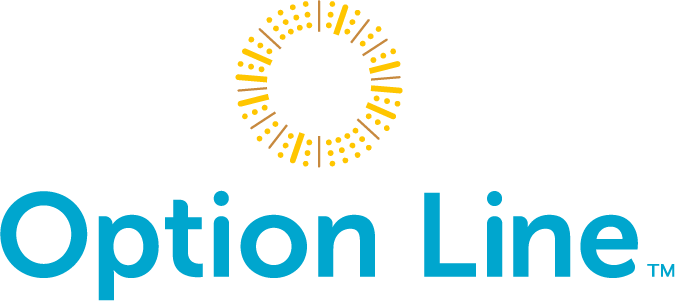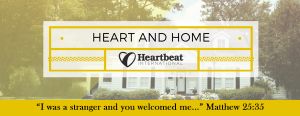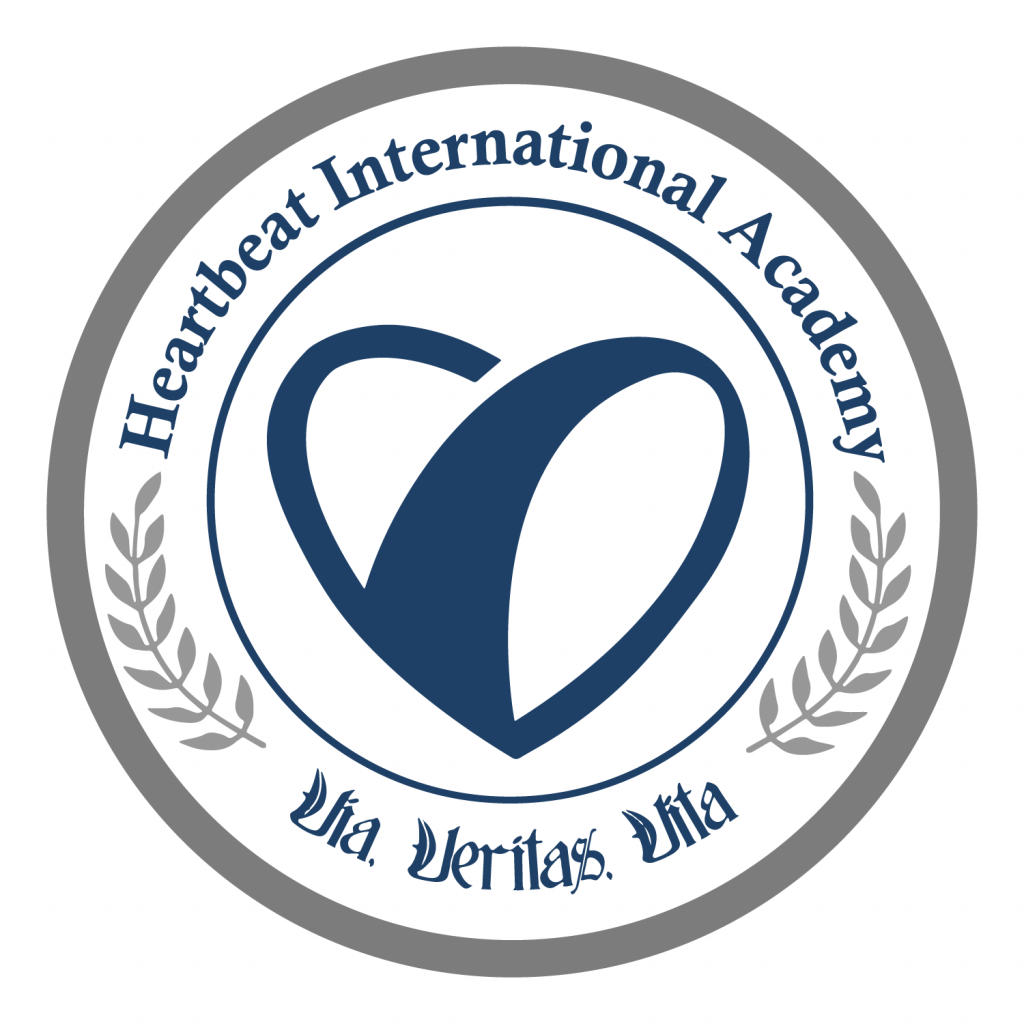Jeanne Allert operates The Samaritan Women, a residential restorative care program for women who have been exploited by trafficking. The power-packed podcast talks about the intersection points with maternity homes and invites programs to think about creating “safe within” environments, ways to detox from a highly “private universe”, and how to help women reclaim their boundaries.
In this podcast, Jeanne Allert of The Samaritan Women lays out the field of residential options for women coming out of sex trafficking using four ideas. While the maternity housing world doesn’t have the same language, it has similar concepts. It is instructive to hear her thoughts on the field of residential care for persons coming out of crisis.
The first point of intervention is emergency care and includes things like emergency rooms, jails, and safe houses. On the continuum of care, these programs focus on the point of rescue or escape as well as the point of apprehension by law enforcement. Women may or may not be interested in change at this point.
Next are programs that focus on stabilization, generally short-term programs (i.e. 90-days) where the woman may be living with a foot in the world of transformative care and a foot in ongoing connection to the world of her victimization. Long-term care takes place in restorative care programs, the third type of program. It is in these programs that Allert describes the focus as asking the question, “What is the new life you are aspiring to have?” She suggests that clients spend 90% of time on building that new life and 10% of time on dealing with “trauma residue” issues.
In her experience, some of the important lessons of this phase are teaching the residents to have natural relationships and to assert boundaries. The final stage is graduate care where the emphasis is on ongoing support during social entry and independent living. During this time, having a supportive and accountable community is a crucial tool.
As of October 2019, there were 103 open residential programs that specialized in victims of trafficking. These programs accounted for approximately 1000 beds.
“One of the ways that media has done a disservice to us is to create a hyper-reality of danger,” Allert asserts. She argues that the relational bond that the woman has experienced with her abuser (i.e. as a parent-figure, boyfriend, baby daddy) makes her more at risk of choosing to go back rather than the abuser coming to find the client. “It’s less about physical security and more about building a belief of being ‘safe within’,” Allert explains.
Rather than outside threats, the client is more of a danger to herself via self-harm, destructive decision making, and other negative behaviors.
Additional Resources
- https://instituteforsheltercare.org/
Podcast: Play in new window | Download
Subscribe: Apple Podcasts | Spotify | Amazon Music | Android | Pandora | iHeartRadio | Email | | More






